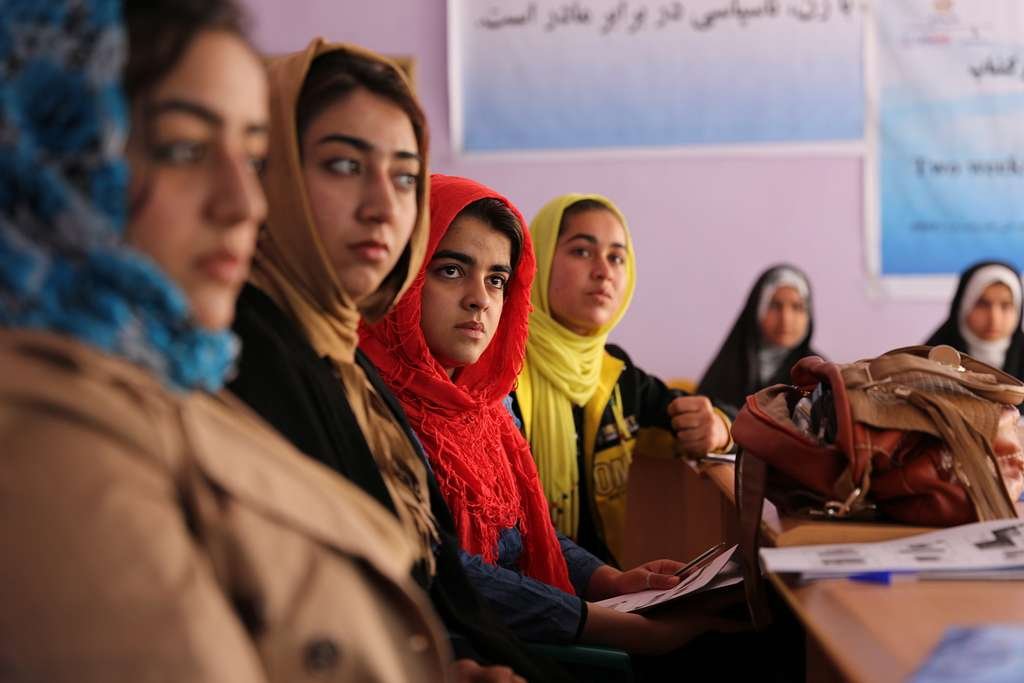A Murder in Egypt and the Story of Women’s Rights
Egyptian women engaging in conversation (Source: garystockbridge617).
By: Elizabeth Koenck
Tragedy struck in Cairo, Egypt on September 27, 2023, when a woman named Nourhane was killed in an act of extreme gender-based domestic violence. This occurrence is neither unusual nor unprecedented in Egypt, where more than a quarter of women report having faced domestic violence in their lifetimes.
Egyptian law enforcement identified the suspect, Ahmed, as Nourhane’s ex-fiance, whose marriage proposals she rejected in the past. Five years prior, Ahmed was arrested for “burning the victim’s car,” but he has since been released from custody.
Nourhane’s murder sheds light on the inadequate legal protections for Egyptian women: in some cases, the victims of gender-based crimes are prosecuted by Egyptian authorities.
In August 2020, Egyptian police arrested four witnesses to a 2014 gang rape for “inciting debauchery” after they posted their unofficial testimonies online. The Human Rights Watch called the treatment of these women by Egyptian authorities—including virginity exams—“torture.” Egypt has no laws prohibiting gender-based violence.
Other forms of gender-based violence are rampant in Egypt. According to the UNHCR, more than 85% of Egyptian women between the ages of 15 and 49 have undergone Female Genital Mutilation. In the last 12 months alone, 14% of women aged 14 to 59 have faced domestic violence.
Today, women’s movements in Egypt are adapting to fit a modern world; notably, young women discuss their thoughts about consent, sexual violence, and other women’s topics on social media. A growing number of women also engage in podcasting to express their opinions on gender based violence and the future of feminism in Egypt.
However, as Heba Zakaria says, Egyptian feminist movements do not have a large media platform from which to spread their ideas locally or internationally. Despite the prevalence of gender-based violence, Egyptian women generally consider feminist causes “niche” and non-universal. Social media activists hope to change this mindset by spreading messages to women from all corners of Egyptian society.
Nourhane’s murder, similarly, is receiving little international media attention. Because the perpetrator, Ahmed, committed suicide, the justice system will not be tested as there will be no trial nor other justice proceeding. It is clear that Egyptian women face challenges because of their gender, but they are receiving little outside aid.

